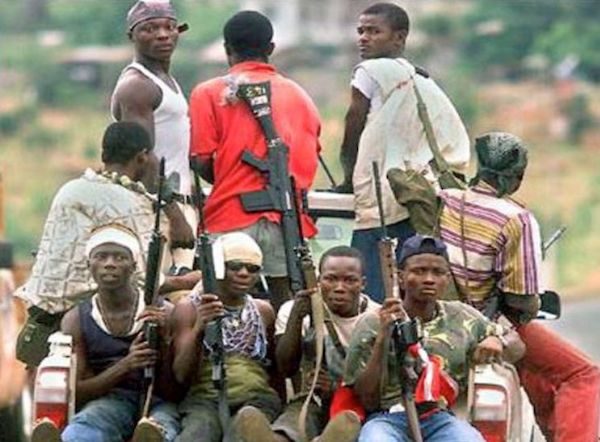07 Feb IGNITE Missions Conference: Feb 18 in Caro, Mich.
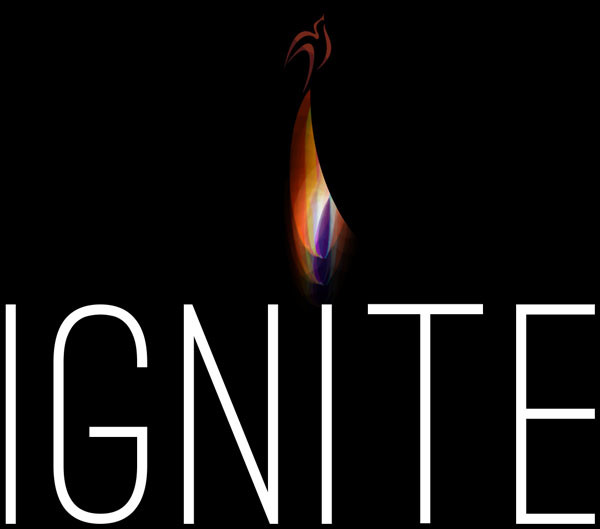
IGNITE is a one-day regional mission conference that will inform, inspire, and help you integrate missional principles into your outreach efforts at home or abroad. The day will include worship, updates, and a variety of workshops covering topics that are relevant to ministry in your current context.
Our next event will take in mid-February:
Date: Saturday, February 18, 2017.
Time: 9 a.m. to 4:30 pm.
Location: Colwood UB church in Caro, Mich.
Cost for the day will be $20 per person (includes lunch). You can register at UB.org, or call us toll-free at 888-622-3019.
Jason Garwood, lead pastor of the Colwood Church, and his wife Mary, attended the last IGNITE event in Pennsylvania. Here is what Jason had to say:
“Attending IGNITE has really helped Mary and me get a pulse on what God is doing in the world. Sometimes it’s easy to look at the field you’re plowing and forget what God is doing all over the world. IGNITE helped correct some of our assumptions and gave us a solid grid to look through as we consider what it means to be a disciple to nations.
“I highly recommend that pastors, lay leaders, and all churches get involved in God’s worldwide redemptive plan. A perfect place to start is to come to IGNITE. It will challenge you, equip you, and move you to action. Don’t miss it!”

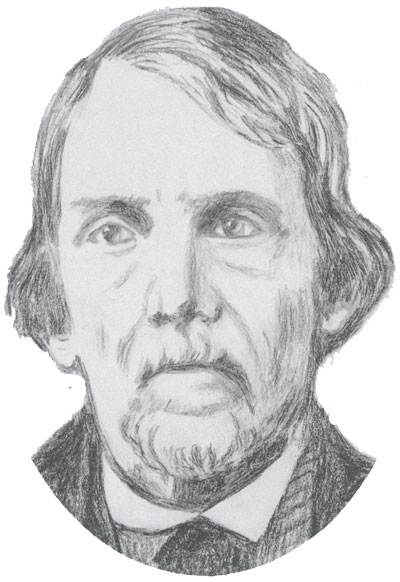 George Geeting was the third most important minister in the earliest days of the United Brethren church, right behind founders William Otterbein and Martin Boehm. Though he never became a bishop, he was highly respected and influential. He was also regarded as Otterbein’s closet personal friend and the person in whom he most freely confided.
George Geeting was the third most important minister in the earliest days of the United Brethren church, right behind founders William Otterbein and Martin Boehm. Though he never became a bishop, he was highly respected and influential. He was also regarded as Otterbein’s closet personal friend and the person in whom he most freely confided.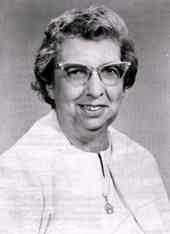 On February 5, 2001, a funeral service was held for Bernadine Hoffman at Crossroads UB church in Charlotte, Mich., where she settled in 1983 after retiring from missionary service. Bernadine had suffered a major stroke and, a few days later, passed away.
On February 5, 2001, a funeral service was held for Bernadine Hoffman at Crossroads UB church in Charlotte, Mich., where she settled in 1983 after retiring from missionary service. Bernadine had suffered a major stroke and, a few days later, passed away.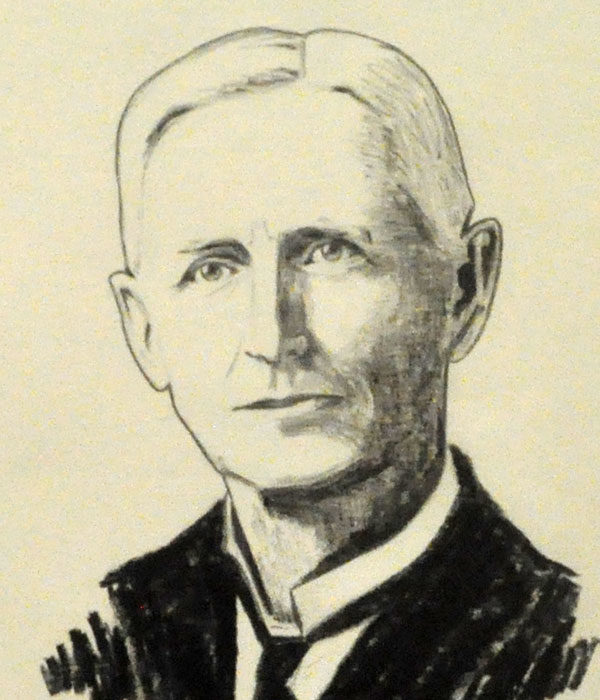
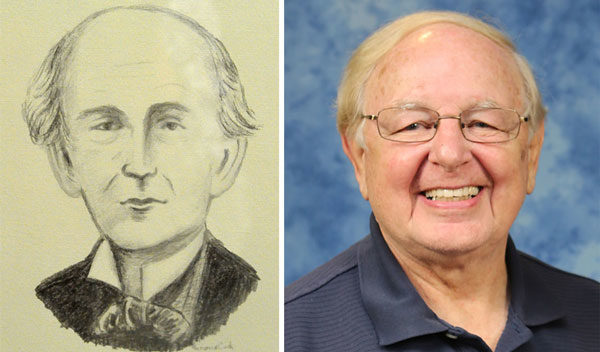
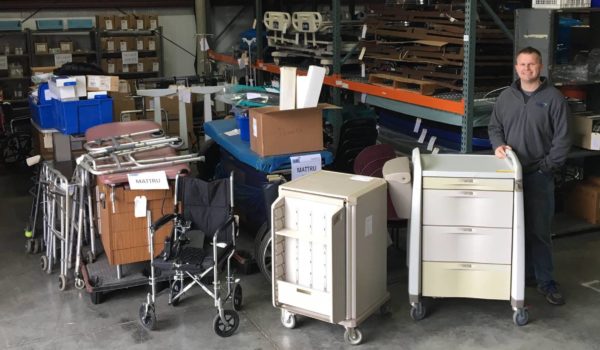
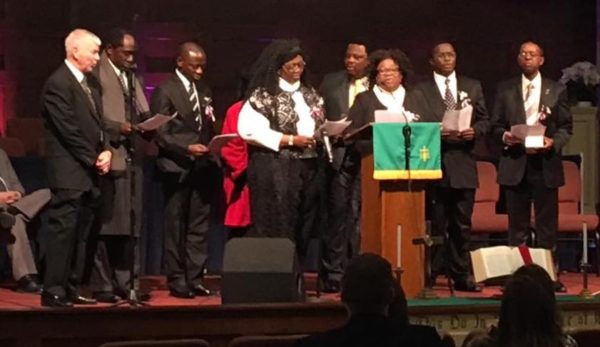
 While serving as missionaries in Sierra Leone during the 1950s, DeWitt and Evelyn started Centennial Secondary School in Mattru, the country’s first United Brethren high school (
While serving as missionaries in Sierra Leone during the 1950s, DeWitt and Evelyn started Centennial Secondary School in Mattru, the country’s first United Brethren high school (